Military History
The fallen … and the living.
At a time long ago, and in a place far away, a man stood up before his countrymen to console them if he could for the loss of their sons in battle for a righteous cause. Read more
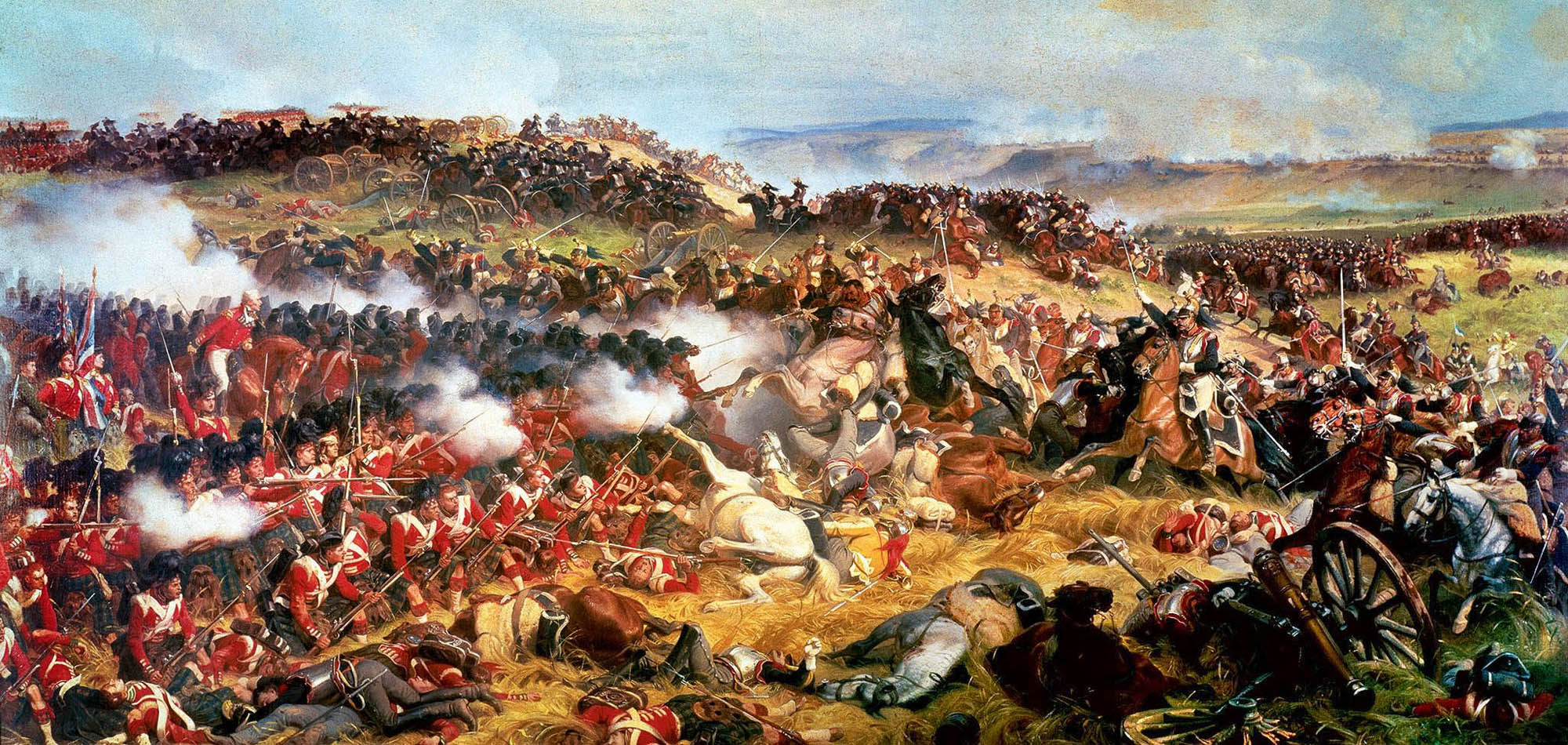
Military History
At a time long ago, and in a place far away, a man stood up before his countrymen to console them if he could for the loss of their sons in battle for a righteous cause. Read more
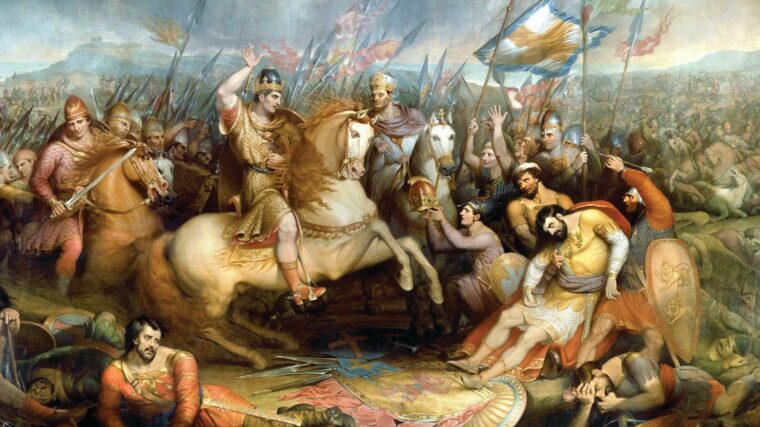
Military History
The final defeat of the Saxon King Harold at the Battle of Hastings on October 14, 1066, meant that England became forever Norman. Read more
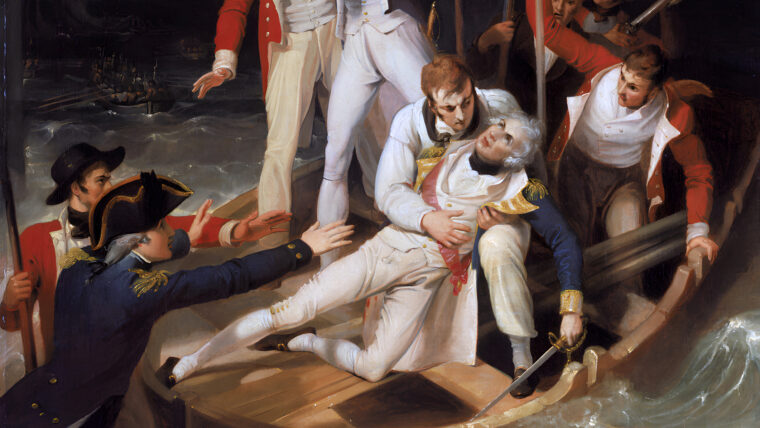
Military History
Days before the impending battle of Trafalgar, a sailor on Horatio Nelson’s flagship Victory was so busy ensuring that each man’s letters home were secured for dispatch on a vessel bound for England that he forgot until after the ship had sailed that he hadn’t included his own. Read more
Military History
Military commanders might nearly always be odd mixtures: using violent means for ends they consider justified. But some we can only view with consternation. Read more
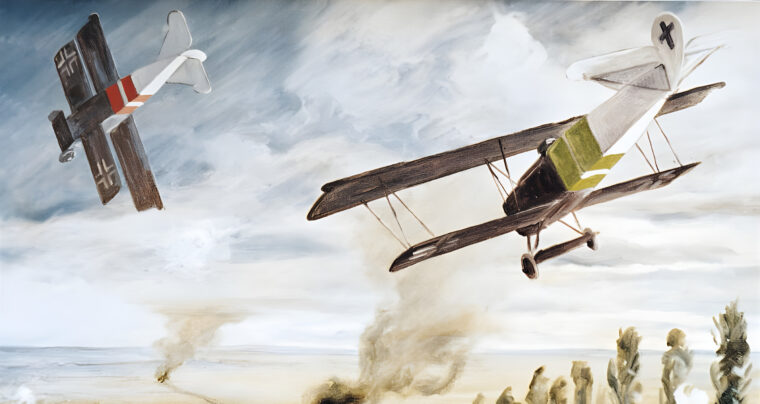
Military History
Translated and with comments by O’Brien Browne
This combat diary account by Robert Ritter von Greim describes the frantic attempts of the German Air Force to halt Allied attacks in the closing months of WWI. Read more
Military History
Dear Editor:
What an absolute delight to read James K. Swisher’s article, “Duel in the Backwoods” (December 2002), about the Battle of Cowpens and General Daniel Morgan’s superb generalship and guiding hand during this battle. Read more
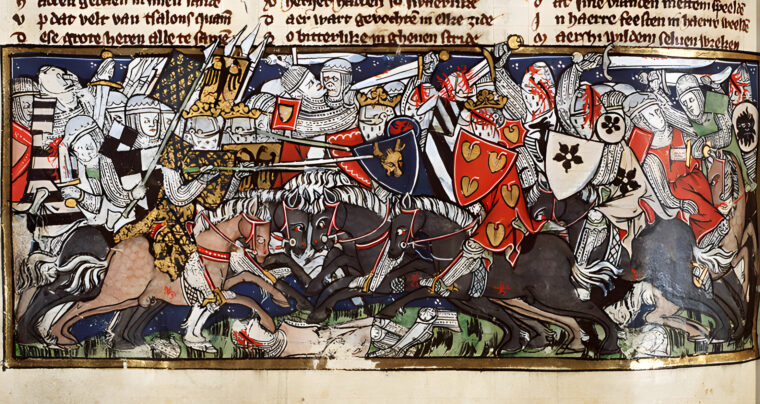
Military History
History is as solid as bricks. Things happened and they can’t be changed. But they can be seen with a fresh eye, or they can be noted for effects not apparent at the time. Read more
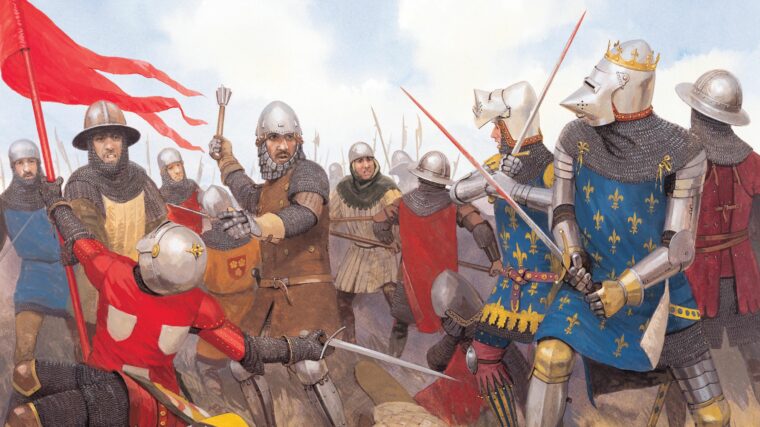
Military History
Denis de Morbecque, an exiled French knight in the service of the English crown, thought the fighting in the hawthorn hedgerows near Poitiers would never end. Read more
Military History
Dear Mr. Stoddard,
I have just finished reading Pedro Garcia’s “Highway to Victory” (October 2002). In it he states that “only three of these vessels [ironclads] ever became operational, none proving capable of going to sea.” Read more
Military History
Strange it is that American independence owes not only to a crushing American defeat but also to an infamous American traitor. Read more
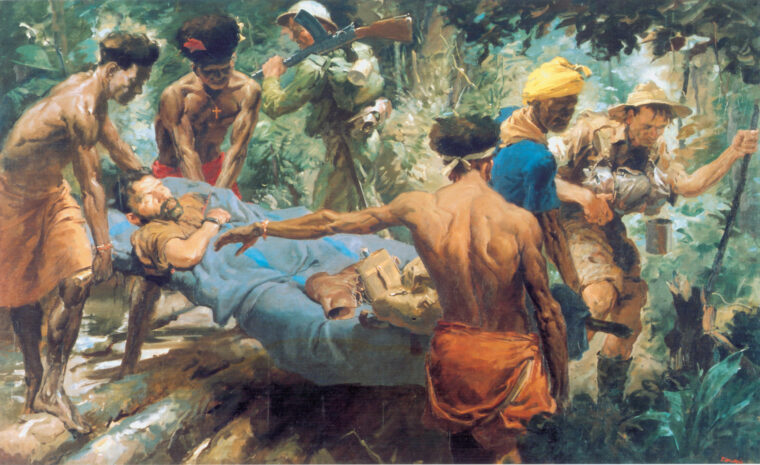
Military History
The Papuan peninsula is a lush, tropical rainforest on the southeast end of New Guinea populated by Melanesian natives. Read more
Military History
Dear Mr. Stoddard,
The article “Fighting the Tiger” by Eric Niderost (August 2002), regarding the first U.S. military action in Korea in 1871, was very well written. Read more
Military History
The most astonishing looking common aircraft of World War II was the Lockheed Lightning P-38. It had two tails.
Or rather in aircraft talk, it had twin booms ending in vertical stabilizers and rudders. Read more
Military History
Dear Editor,
The otherwise excellent article, “Destroyer Matchup at Kula Gulf,” is marred by the conclusion that this was a “clear American victory.” Read more
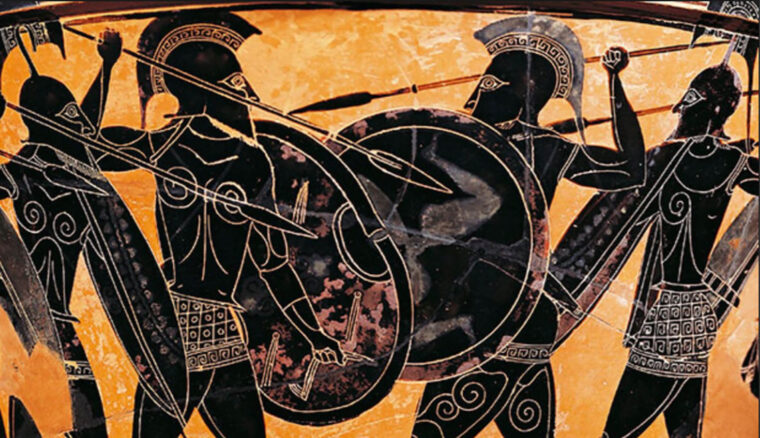
Military History
War is a terrible thing to study, but under the assumption that fresh ones are in the offing, such study is at least instructive and at best useful. Read more
Military History
Thanks, sadly, to the blood spilled by soldiers on fields of battle throughout history, there has been plenty of material to fill countless books about the battles they waged. Read more
Military History
Gentlemen:
Your publication is without question one of the better historical magazines. Until …
While reading the features section I noticed this title found at page 38: “Duel at Hampton Roads” by Keith Milton. Read more
Military History
One of the most decisive battles in American history is also one little discussed, the April 21, 1836 Battle of San Jacinto. Read more
Military History
Dear Editor:
I enjoyed your article on Operation Overlord (February 2002). The beaches of Normandy will always be engraved in America’s mind. Read more
Military History
Dear Editor:
Although I did enjoy R. Manning Ancell’s article on the Roman Emperor Trajan (December 2001) I do find fault with his research concerning the tactical formation of the Roman Legions at the time of Trajan’s conquests of Dacia and Parthis. Read more